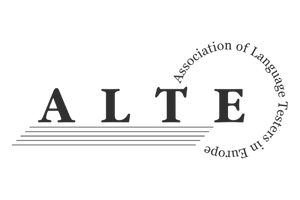The Association of Language Testers in Europe (ALTE) is a prominent European association established in 1989 by the University of Cambridge and the Universidad de Salamanca. ALTE unites language test providers across Europe and beyond to promote the fair, reliable, and accurate assessment of linguistic ability. Its core mission is to set common standards for language testing, ensuring quality and comparability of language proficiency exams across different languages and countries. ALTE does not create its own language tests but audits and awards its “Q-Mark” quality certification to member organizations’ exams that meet rigorous standards.
ALTE’s activities include organizing courses and conferences on language assessment, operating a quality auditing system for European language examinations, and fostering collaboration between language testing experts, policymakers, and educational institutions. The association has been instrumental in contributing to the development of the Common European Framework of Reference for Languages (CEFR), a widely used guideline for language proficiency levels, in cooperation with the Council of Europe since the 1990s.
The association supports linguistic diversity by promoting the recognition of qualifications in a broad range of languages and helping to connect policy, research, and practice in language learning, teaching, and assessment. ALTE also maintains a network of full members and associate members, including language test providers and organizations interested in language assessment quality.
Since its registration in the EU Transparency Register in March 2018, ALTE has been active in lobbying EU institutions to influence language policy and standards in language testing. Its lobbying efforts focus on ensuring that language assessments used in Europe meet high-quality standards and are recognized transnationally, which supports mobility, education, and employment across EU member states.
ALTE’s role as a lobbying entity is to represent the interests of language test providers in EU policy discussions, particularly those related to language education, certification, and the implementation of the CEFR framework. The association’s lobbying activities contribute to shaping policies that affect language testing regulations, quality assurance, and mutual recognition of language qualifications in Europe.


